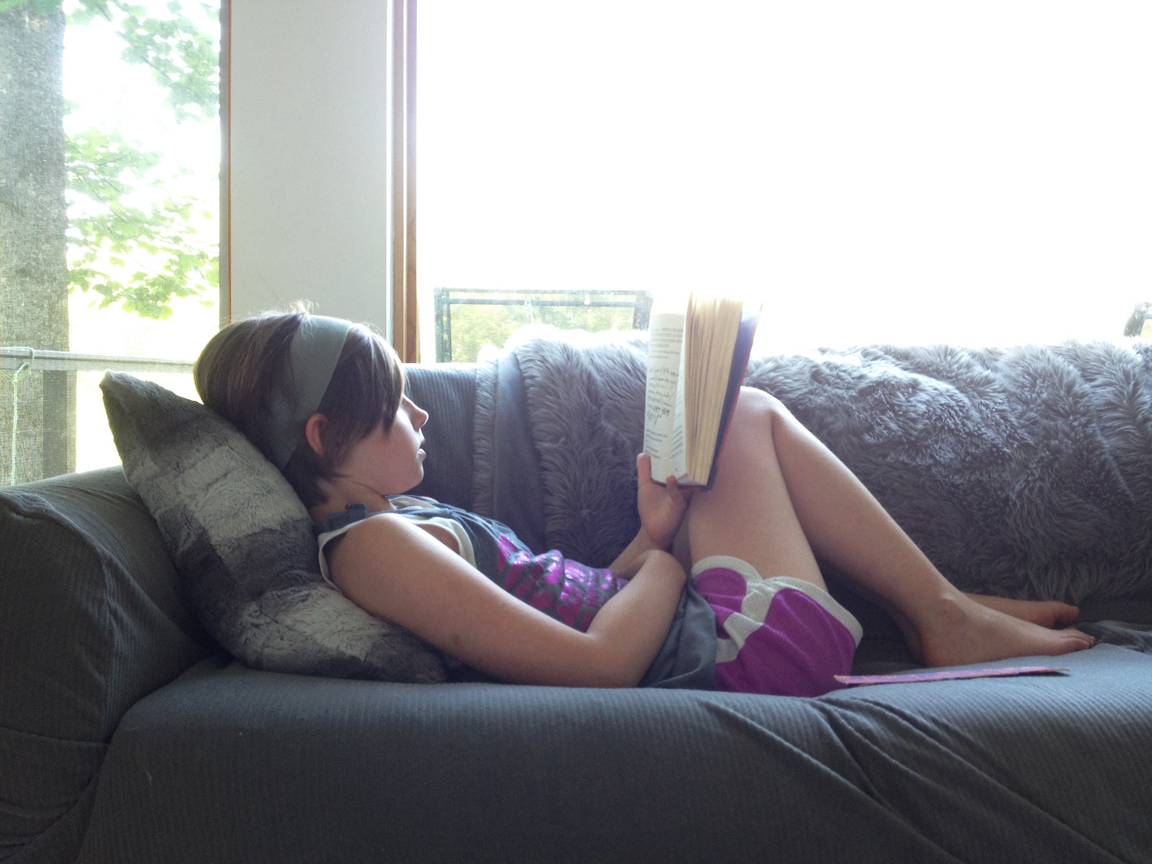Dyslexia Testing Richmond, Charlottesville, Harrisonburg
What is Dyslexia?
Most people think Dyslexia is reversing letters—reading them out of order. Yes, this does happen, but it’s only one symptom and a symptom that many people with Dyslexia don’t even have. Reading is such a cognitively complex task—just think of all the things that we must do at once and with such ease and speed. We must call out words that we know automatically, we must figure out longer words and use various strategies to decode them (like breaking the word apart sound-by-sound and blending these sounds together or noticing any smaller words inside the word), we must constantly shift between these, and—on top of all this—we must make sense of what we’re reading and consolidate the sentence that we just read with the paragraph or more that we’ve already digested. That’s a lot. So, in this complex process, there are many ways that reading development can go wrong, so let me give a few examples.
Here’s one: I just finished Dyslexia testing for an adult who doesn’t reverse letters or word parts at all. His struggle? It takes him so much time and so much energy to retrieve words from memory that reading is painstakingly slow. In many senses, he is gifted and successful, but his reading pace is on par with a fourth grader. Now, can he read complex words and make sense of intensely complicated material? Absolutely, but it just takes so much longer.
Here’s another example. I worked with a student whose spelling progressed well through kindergarten and first grade. Spelling beginning sounds, ending sounds, and short vowels—simple words like cat and dog. And spelling and writing can be a good indicator of reading progress. But, her reading lagged behind, and her spelling stalled—not for months, but for years. Long vowels and the many and varied ways to spell long vowels really threw her. Her reading progress stalled, too, she came to avoid reading, and this snowballed. Now, Dyslexia usually rears its head when there is more than one cognitive or thinking weakness. And her biggest weakness was this: making sense of all the ways that you can spell the same sound in English. Just think about a few words from the previous sentence—why isn’t was spelled “wuz,” ways spelled “waze” or wayz” and sound spelled “sownd,” like cow? The truth is, there are countless words in the English language that are spelled irregularly, and this really threw her off and was one of several reasons that reading was so difficult. And that’s what a good dyslexia evaluation does—it doesn’t just detail how a student struggles to read but explains why they are struggling.
Again, Dyslexia is not just reversing letters. It is a weakness in one or more thinking skills that makes reading really hard. And, as can be seen above, those thinking skills don’t always revolve around reading sounds in the right order.
Who diagnoses dyslexia?
In short, trained psychologists diagnose Dyslexia. I say “trained” because I’ve seen plenty of Dyslexia evaluations that don’t test all the cognitive skills that reading requires, and so it’s missed. That’s like inspecting your car but not checking the tires—seriously. To be fair, Dyslexia testing has progressed markedly over the past fifteen years. In graduate school, I wasn’t even trained on providing a comprehensive Dyslexia evaluation. And this is the reason why about one in four of my evaluations are second or even third opinion evaluations—Dyslexia and other learning disabilities can be missed.


What are signs of Dyslexia?
It’s a fair question—when should you be concerned and what should concern you? For four and five year-olds, markers of reading difficulty are struggling with rhyming words and/or sorting by beginning sound. Attention struggles can be a marker of reading difficulty, too. Why? Because we know that nearly 50% of students with ADD or ADHD also have a co-existing learning disability (check out the research here). For older students, reading below grade level year-after-year despite extra help is also reason to wonder about Dyslexia. I’ve seen too many students struggle for years, receive extra help, but never really catch up to their peers. So, it’s not surprising that many have Dyslexia. For teens and adults, more obvious signs could include very poor spelling, very slow and labored reading, and anxiety related to reading. In the end, these signs don’t diagnose, but they can give a clue because, remember, Dyslexia can come in all sorts of different shapes and sizes.
Dyslexia testing for adults, teens, and kids
Oftentimes people ask, how young or how old can I test for dyslexia? I’ll start with the easier one: I can test adults of all ages. Within the past year I completed a Dyslexia evaluation for a woman in her 60s. Now, for the harder one: how young can I test for Dyslexia? Let me say this first, it’s important that a student have formal school experience before considering dyslexia. Why? We know that high quality instruction can off-set risk factors for Dyslexia. What I mean is this: everyone has a certain risk for developing Dyslexia, ranging from high risk to low. With consistent and high-quality instruction, students who are at-risk for dyslexia may never develop it. Why? Because the brain is malleable and can compensate for weaknesses in amazing ways. So, I prefer that students be in kindergarten for about six months before completing an evaluation. Still, there are occasions when I will test for dyslexia for an even younger student—like when there is a strong family history of Dyslexia and/or when preschool has provided developmentally appropriate opportunities to build pre-reading skills.
What does Dyslexia testing include?
Dyslexia testing has two primary parts: testing cognitive skills and testing academic skills. We all have a decent idea of what reading, writing, and math skills are, but what about cognitive or thinking skills? In total, psychologists agree that there are seven. These range from picking up new vocabulary (some people absorb words like sponges, for others it takes longer) to putting together IKEA furniture (some have a knack for it, but it strikes fear in the hearts of others). So, what does this have to do with Dyslexia? Dyslexia (or any learning disability for that matter) is this: it’s when someone has one or more weak cognitive skills and this explains their struggle in reading, writing, and/or math. That’s it. So, when I test cognitive skills (some people call them processing skills), I am testing to figure out why a person is struggling to read. Typically, testing lasts between six and eight hours in total, and I break this up into two separate days. This face-to-face testing is important, but it’s not everything. It’s also vital for me to talk with parents, get a history of the child’s schooling, successes, and struggles, and get teacher feedback.
Other questions about Dyslexia testing
Wondering how much Dyslexia testing costs? Check out my fees page. Other questions about the evaluation process or ready to schedule an appointment? You can call, email, or fill out a contact form here. We have offices in Richmond, Charlottesville, and Harrisonburg.
